At least 17 individuals, including a military adviser to Iran's Islamic Revolutionary Guard Corps (IRGC), lost their lives in a series of airstrikes that rocked eastern Syria. The strikes, which occurred in the province of Deir ez-Zor, have ignited a flurry of accusations and denials between Iran, Syria, and the United States.
According to reports, the airstrikes took place on Tuesday night, targeting locations in Deir ez-Zor province. While Iran and Syria have pointed fingers at US forces for carrying out the attack, Washington has vehemently denied any involvement.
The Syrian Observatory for Human Rights, a monitoring group, confirmed the casualties but refrained from attributing responsibility for the airstrikes. Among the victims were an Iranian Revolutionary Guard adviser, two Iranian security escorts, four Syrians affiliated with pro-Iranian groups, nine Iraqi fighters, and a member of the World Health Organization (WHO) who was on duty.
Identified as Behruz Wahidi, the IRGC military adviser's death marks a significant loss for Iran's military apparatus in the region.
Reacting to the allegations, Pentagon spokeswoman Sabrina Singh categorically stated that the United States did not conduct any airstrikes in Syria on the night in question.
Meanwhile, WHO Director-General Tedros Adhanom Ghebreyesus expressed sorrow over the loss of a WHO member in the airstrike, highlighting the humanitarian toll of the violence.
Iran's state news agency IRNA promptly attributed the attack to the "Zionist Israeli regime and its allies," while Syrian media reported US warplanes bombing multiple towns, including Mayadin and Bukamal, alongside Deir ez-Zor. These strikes reportedly resulted in numerous civilian injuries.
As tensions escalate and accusations fly, the aftermath of these deadly airstrikes underscores the volatile landscape of the Syrian conflict, where regional and international actors vie for influence amidst ongoing violence and devastation.



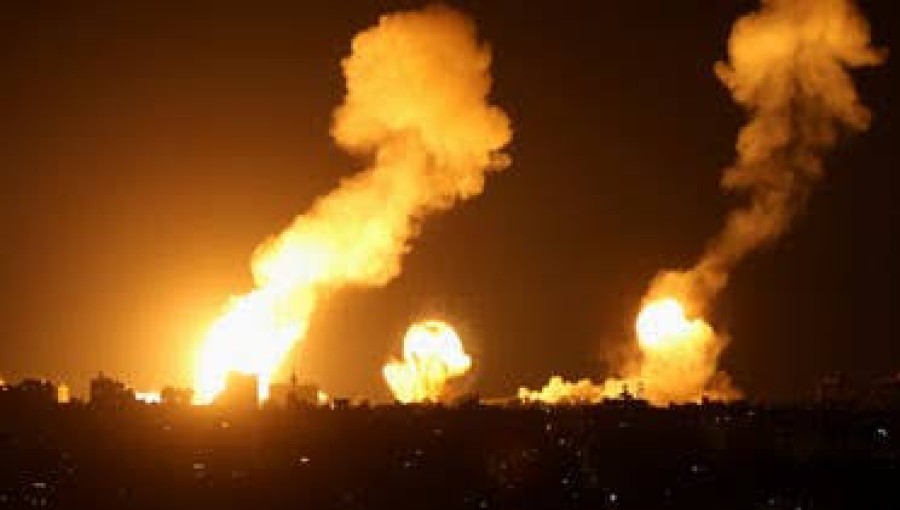


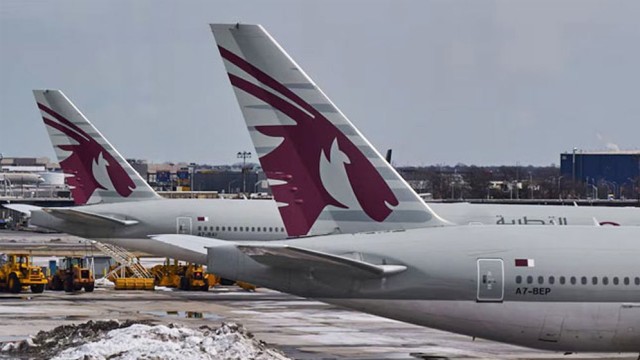
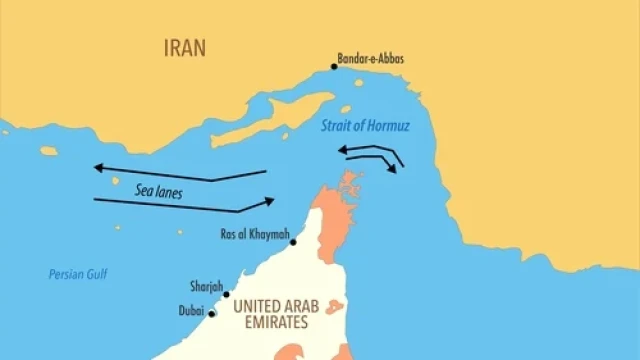










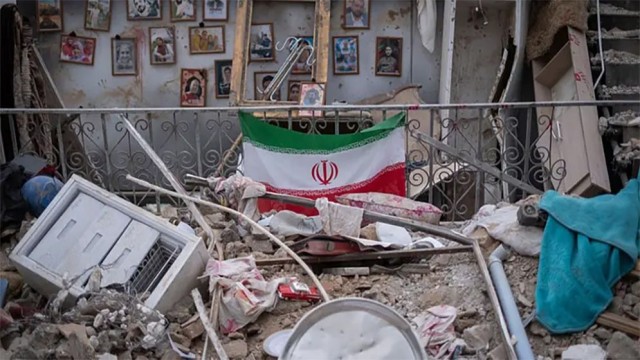
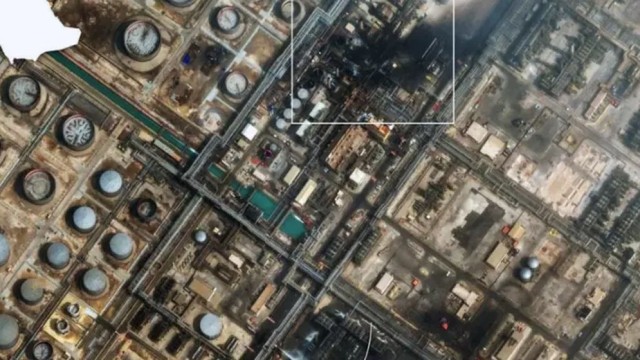











Comment: